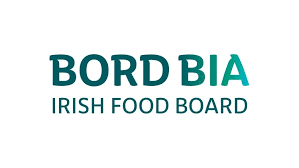China’s customs authority significantly increased its rejections of imported meat in 2024, with the number of rejected shipments more than tripling compared to previous years. This surge has raised questions about whether there were genuine issues with the meat shipments or if the rejections were a strategic effort to support domestic meat producers.
According to monthly reports from the Chinese customs website, a total of 778 shipments of beef, pork, chicken, lamb, and deer meat were turned away at the border last year. This figure is a stark contrast to previous years, where the number of rejections never exceeded 300 since the customs administration took over inspections in 2018.
The increase in rejections was observed across all types of meat, with beef and pork seeing the most significant spikes. Beef rejections soared to 435 shipments, up from the usual 60 to 80, while pork rejections rose to 186 from the previous range of 40 to 70. Chicken rejections saw a smaller increase, from 86 to 112 shipments, and lamb rejections, though fewer in number, have been steadily rising, reaching 43 last year.
Despite the high number of rejections, the total weight of the rejected shipments was 5,633 metric tons, which is just 0.08% of China’s total meat imports of 6.7 million metric tons in 2024. Pork shipments made up about half of the rejected weight, with most containers ranging from 20 to 27 metric tons, while beef shipments were generally smaller, often between 10 to 1,000 kilograms.
China’s rejections affected meat imports from numerous countries. Australia faced the highest number of beef rejections with 144 shipments, while Denmark had the most pork rejections at 101 shipments. Brazil led in chicken rejections, and New Zealand accounted for more than half of the rejected lamb shipments.
Notable increases in rejections were seen for imports from Australia, the European Union, Brazil, Argentina, and the USA. The United States had 43 beef, 37 pork, and 17 chicken shipments rejected.
Denmark’s pork rejections were particularly striking, as nearly all came from a prominent company, marking a significant increase from just 10 rejections over the previous five years.
This surge in rejections has impacted all leading meat companies in Europe, North America, and South America, highlighting the stringent measures China has adopted in its import inspections.
Original story by Dim Sums
